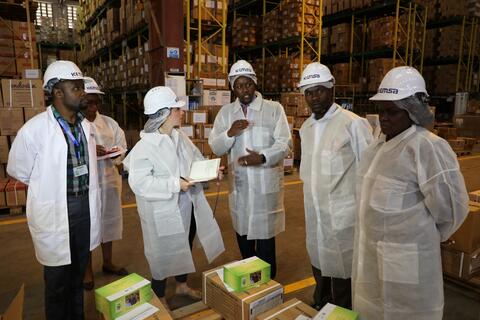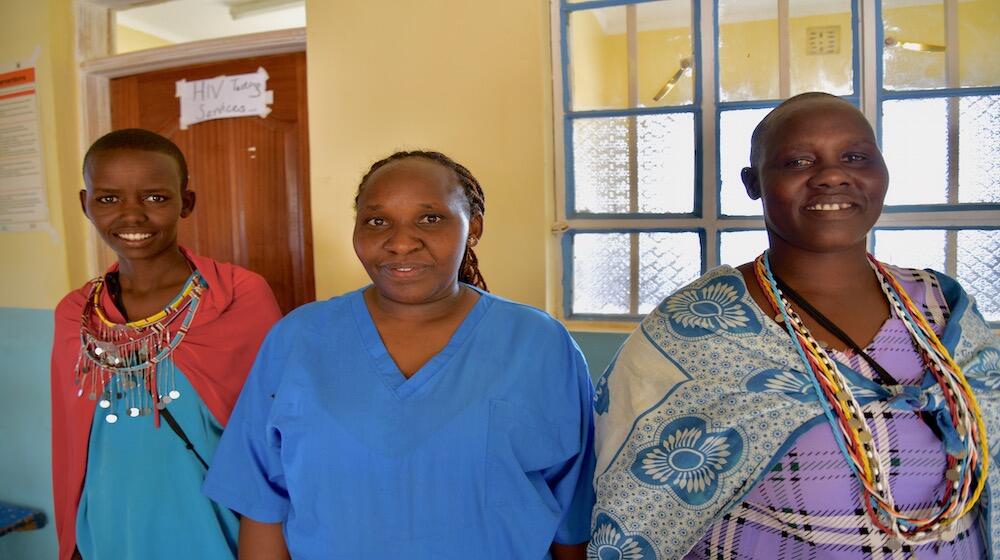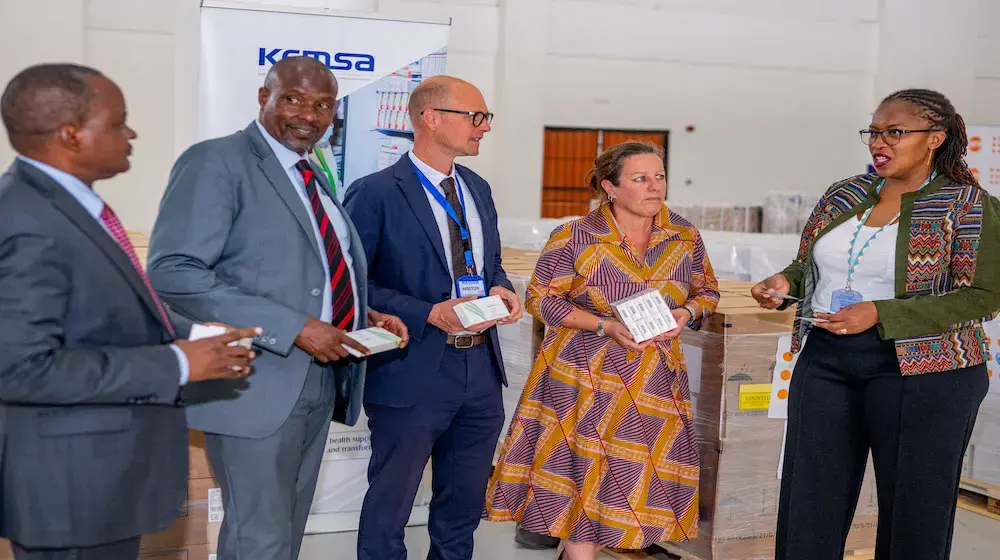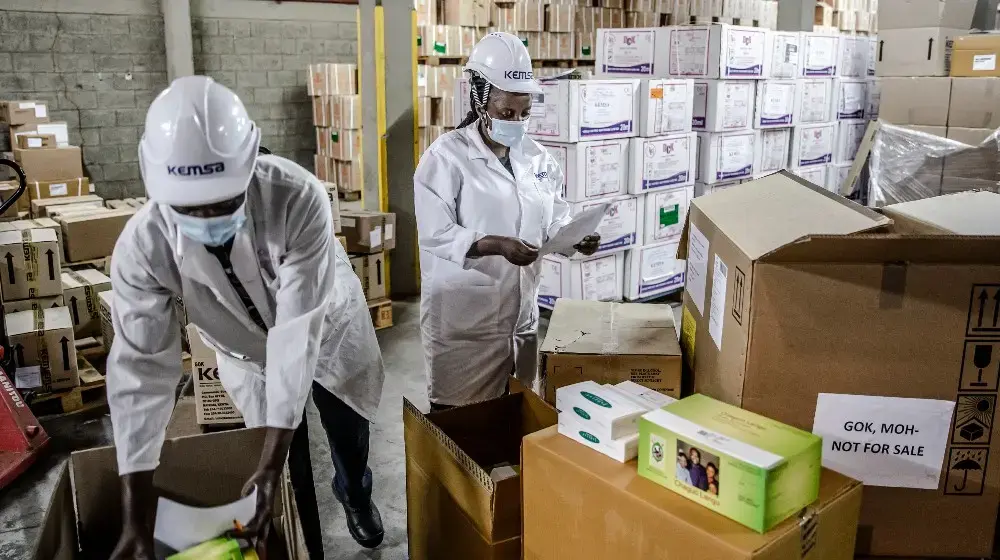Fewer things have a greater impact on the life of a woman than the number and spacing of her children. For 27-year-old Jane Saidemu, the availability of contraceptives at the nearest public health facility from her home in Kajiado County has proved to be a lifeline.
Women will travel for more than three hours by road to access family planning at our facility
Every so often, Jane takes a matatu (shared taxi) ride for the 20-kilometer trip to Bissil health center where she is issued with a contraceptive method of her choice, free of charge. “After the birth of my second child, I wanted to take some time before trying for another, for the sake of my health and that of my babies,” she says.
Bissil heath center serves an average of 100 women every month with both short-term and long-acting contraceptives. Located approximately 80 kilometers from the Kenya-Tanzania border, the center serves women from some of the most remote parts of Kajiado county. “Women will travel for more than three hours by road to access family planning at our facility,” says Nurse Susan Maya.
Periodic checks up to the most remote facility
Through the Kenya Medical Supplies Authority (KEMSA), UNFPA delivers family planning supplies to Bissil health center and thousands of other health facilities located across Kenya, including in hard-to-reach areas. This is made possible through a strengthened supply chain system and a Last Mile Assurance process that follows products from their handover to partners all the way to the service delivery points to ensure that women and men have access to a range of safe and effective family planning methods.

commodities donated by UNFPA
“Last mile periodic spot checks are a good way to not only confirm the availability of supplies where most needed, but to also strengthen the supply chain by ensuring healthcare workers at service delivery points know how to maintain proper storage of supplies, manage stock, and forecast need,” says UNFPA Last-Mile Assurance Team Lead Allie McManus.
Averting stock-outs to save lives
After giving birth to seven children, 42-year-old Sekempe Sadira learned about contraceptives from an attending midwife who assisted in the delivery of her youngest child. “My children were not spaced and this meant that I could barely work as I had to look after many young ones at a go,” says Sadira.
For the last 10 years, she has been visiting Bissil health center for contraceptives, which has enabled her to focus on raising her family and building a small-scale business selling vegetables. In the few times her preferred family planning method has not been available, Sekempe has to spend money to access contraceptives at private facilities, which can be costly.
I tell my friends to embrace family planning because when children are spaced, they grow up healthy, and the mother is also healthy and can contribute more to the family and community
A stock-out or shortage of family planning supplies leads to dire consequences for women’s health including unintended pregnancies, death and disability related to complications of pregnancy and childbirth, and abortions. To ensure stock-outs become a thing of the past, UNFPA is supporting the Ministry of Health and KEMSA- the national authority mandated to procure, warehouse and distribute healthcare commodities-in building a responsive and resilient supply chain through the development of an early warning and alert system. The commodity security alert system proactively tracks monthly consumption data to advise on overstocking and understocking, thereby minimizing stock-outs, wastage, and expiries.
“Once effected, the alert system will have both county and national functionalities to enhance commodities management across all levels of the supply chain. This will enable us to have full visibility on the status of reproductive health commodities and other essential medical supplies in the country,” says KEMSA Senior Business Analyst Dennis Ndwiga.
Now a mother of three, Jane’s plan is to wait until her youngest child is at least four years old, before trying for another. “I tell my friends to embrace family planning because when children are spaced, they grow up healthy, and the mother is also healthy and can contribute more to the family and community,” she says.




